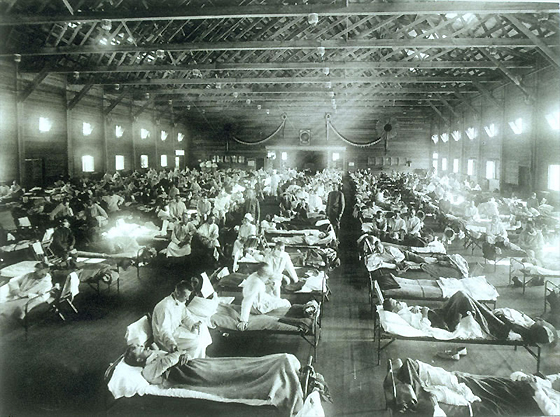[Disclaimer: This contribution does not reflect the views of the Lifeboat Foundation as with the scientific community in general, but individual sentiment — Web Admin]
It is an almost infinitely unlikely coincidence that three “colluding” results have emerged simultaneously which in their combination signal an infinite danger to the planet.
With so improbable a situation, it is not surprising that a giant group of scientists who invested their hearts’ blood into the experiment have resolved rather to (as an observer recently put it) take their own children hostage than let a safety conference evaluate the risk.
Every bus driver is ready to take his own children aboard – taking them hostage as it were. The good conscience displayed by CERN is disarming. CERN has the best of relations to Israel and to its sister organization UNO. The planetary press curfew akin to SCUN’s is hard-won. CERN’s legal immunity as a mini state equals UNO’s. No head of state can give orders to it and no member country can legally leave it (as Austria tried).
Hence it is no wonder that the whole planet says: MAYBE the Telemach theorem is without flaw since no specialist claims falsity, and MAYBE the Shilnikov theorem is applicable to growing black holes inside earth since no specialist denies this, and MAYBE the frictionless cores of neutron stars render the latter immune to nature’s fast analogues of CERN’s hoped-for human-made black holes so the hoped-for safety insurance is void. But: Who would believe ALL THREE dangerous maybes to be confirmed simultaneously?
Thus CERN and UNO and all other countries refuse to believe in Shakespeare’s witches: “When shall we three meet again, in the thunder, lightning or in the rain?”
A person who to his dismay would have stumbled across all three witches as being real can – besides pledging to check on the triple trap before continuing since “checking costs nothing” – only try to offer a reward. My reward is the smile theory. The smile makes us human I learned it from a doomed pediatric patient: The smile talks. It says, “nothing makes me more happy than when you smile for being happy yourself.” A chain reaction as well.
Emmanuel Lévinas said it in more adult terms: “The face is naked. It talks. It says, Do not kill me. It says, Do not leave me in my dying.” I trust that there is a mother somewhere, and then a father, and then a grandmother… who remember their own being touched in their heart. It is the smile of the toddler that can save a planet. Nothing else is stronger.
I shall drop the topic of danger as soon as one of my readers has found a scientist capable of defusing the three witches: the relativistic “Telemach”; the “homoclinic saddle-focus” of Len Shilnikov applied to black hole growth inside earth; the quantum frictionlessness of neutron stars. Dispelling one of the three storms is enough.
